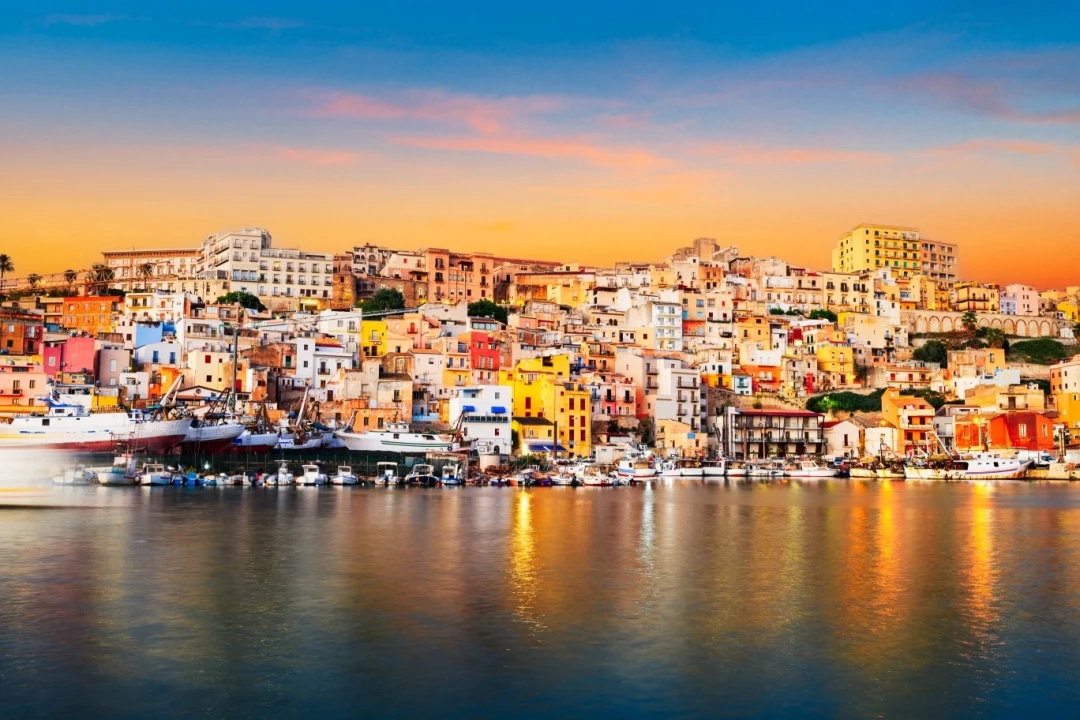The origin of Sciacca’s name is uncertain, as historians have proposed various theories. However, it is commonly attributed to the Latin ex aqua (from water), referencing the town’s rich hydrothermal resources. These include sulfuric, saline-bromo-iodic, bicarbonate-alkaline, medium-mineral waters, and many other varieties.
These waters are used for baths, inhalation treatments, gynaecological irrigation, and other therapies. Among these, the bicarbonate-alkaline water, once known as Acqua Santa (Holy Water), disappeared following the Belice Valley earthquake but might be rediscovered. The medium-mineral water of the so-called Fontana Calda (Hot Fountain) is widely consumed by locals as a drink.



